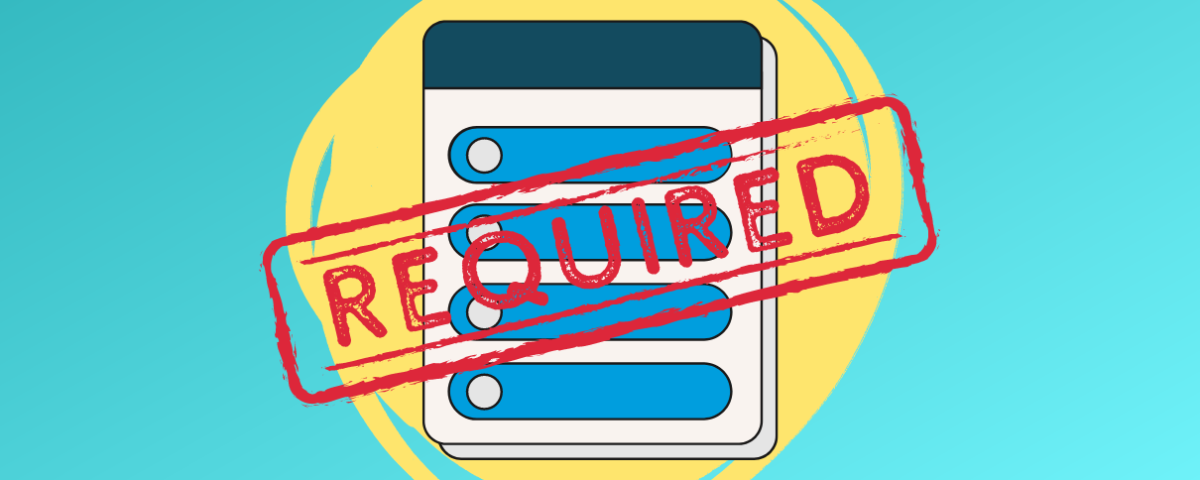Toxic Positivity
October 28, 2021
How many times have you heard someone say something to the effect of “look on the bright side” no matter the situation? Oftentimes, it seems this is the only response one can get when expressing any natural negative emotions. This response can be appropriate over something insignificant. Even then, when does positivity go too far? Should we be telling ourselves or others to “look on the bright side” when anything not positive happens? Do we really have a choice in our attitude?
“Looking on the bright side” comes from the assumed truth that choosing to be happy is an option. It can be a good coping mechanism for everyday inconveniences, like dropping your phone or ignoring a snide remark from a stranger. However, it can start to turn into emotional suppression and ignoring problems more quickly than one might realize. Choosing to be happy everyday instead of dealing with one’s own emotions is tiring and can begin to have the opposite of the intended effect. According to studies by Gross & Levenson (1997), Stepper & Strack (1993), and Strack, Martin, & Stepper (1988), “suppression leaves intact the subjective experience of negative emotion but decreases the experience of positive emotions” (Srivastava, Tamir, McGonigal, John, & Gross, 2009).
The notion of “choosing to be happy” comes from the stigma behind mental health. These types of advice imply that there is something inherently wrong with feeling anything but positivity. There is nothing inherently wrong with feeling angry, sad, upset, etc., these emotions are simply human. Sitting with discomfort and never addressing feelings other than happiness is not a healthy or productive way to live. Eventually, all of those negative emotions build up and will inevitably spill out. Additionally, those with mood-altering mental disorders or neurodivergence may literally be unable to simply “choose to be happy.” Though this positivity stigma disproportionally affects those mentioned above, the damage from it reaches everyone. Many neurotypical people also begin to feel like positivity is an active choice, and when they can’t make that “choice,” they begin to feel broken instead of human. It is important that we understand the weight of our words and change our behavior when new information arises. Otherwise, we can end up developing damaging stigmas and unconscious biases based on this ideal.
Srivastava, Sanjay, et al. “The Social Costs of Emotional Suppression: A Prospective Study of the Transition to College.” Journal of Personality and Social Psychology, U.S. National Library of Medicine, Apr. 2009, https://www.ncbi.nlm.nih.gov/pmc/articles/PMC4141473/.

























